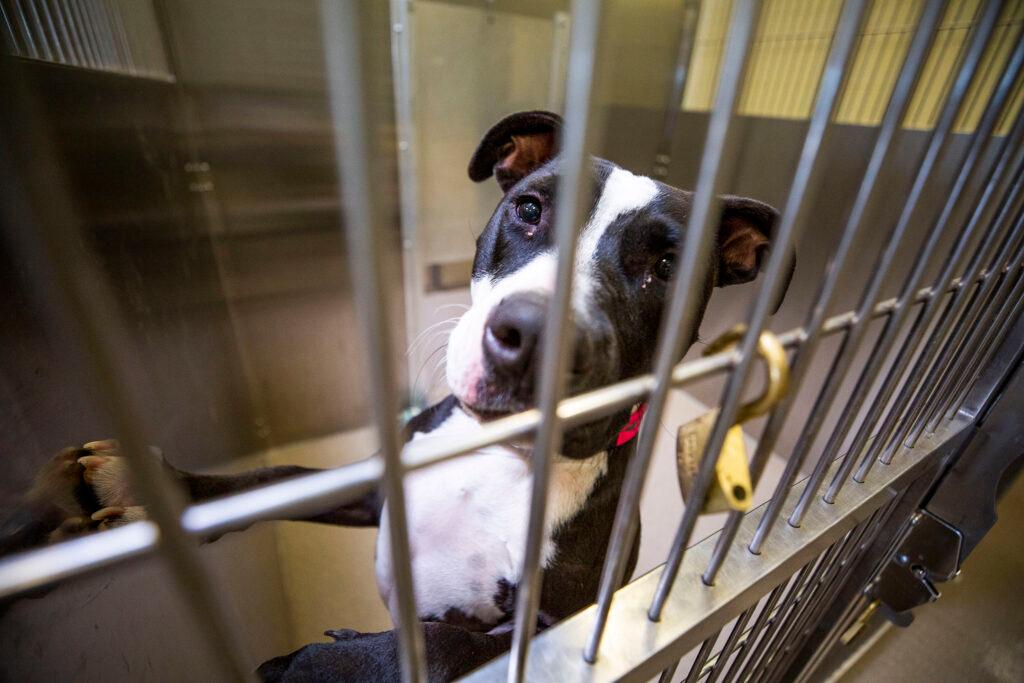
Cassandra Ballard | Sentinel Staff Writer
In early returns, Aurora voters appeared poised to repeal a years-old ban on pit bull dogs.
Measure 3A, which would repeal the 20-year-old ban, was leading about 44,341 votes to 40,184 votes at about 7:30 p.m.
The pit bull ban in Aurora was initially enacted in 2005 with some leniency for people the city had previously issued a license. In 2014, voters approved a referendum to keep the ban. In 2021, however, Aurora City Council approved the removal of dog breed restrictions from the city ordinance — without going back to voters for permission.
Later, in 2021, Aurora resident Matthew Snider sued the Aurora City Council over the vote because it did not include voter support. He argued that the council broke city charter language and that Aurora voters decided on the issue and must decide on any changes. By 2023, the Colorado Court of Appeals ruled in favor of Snider.
So, Aurora lawmakers asked voters whether the city should repeal the restricted breed ban and allow residents to own American Pit Bull Terriers, American Staffordshire Terriers and Staffordshire Bull Terriers.









